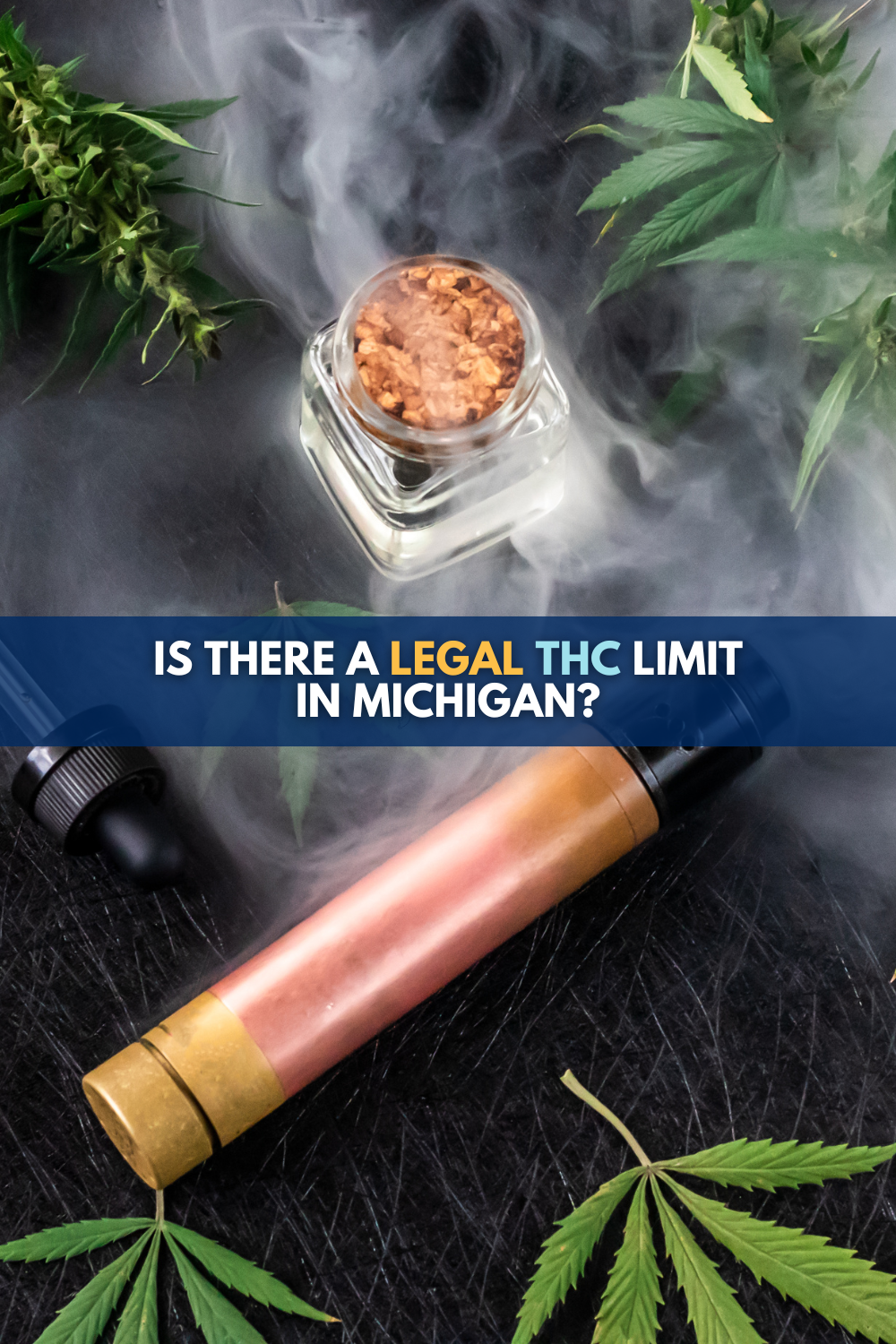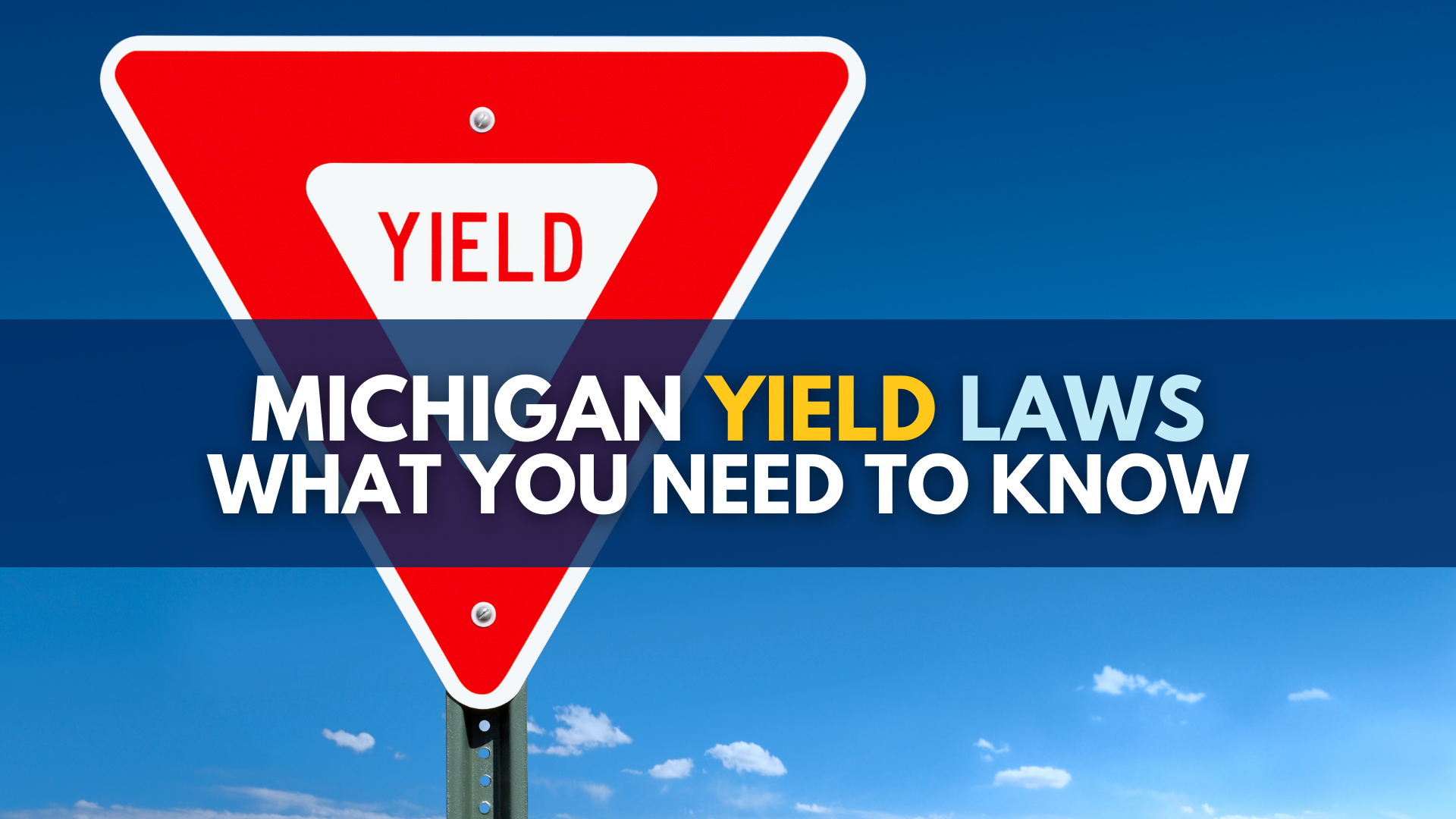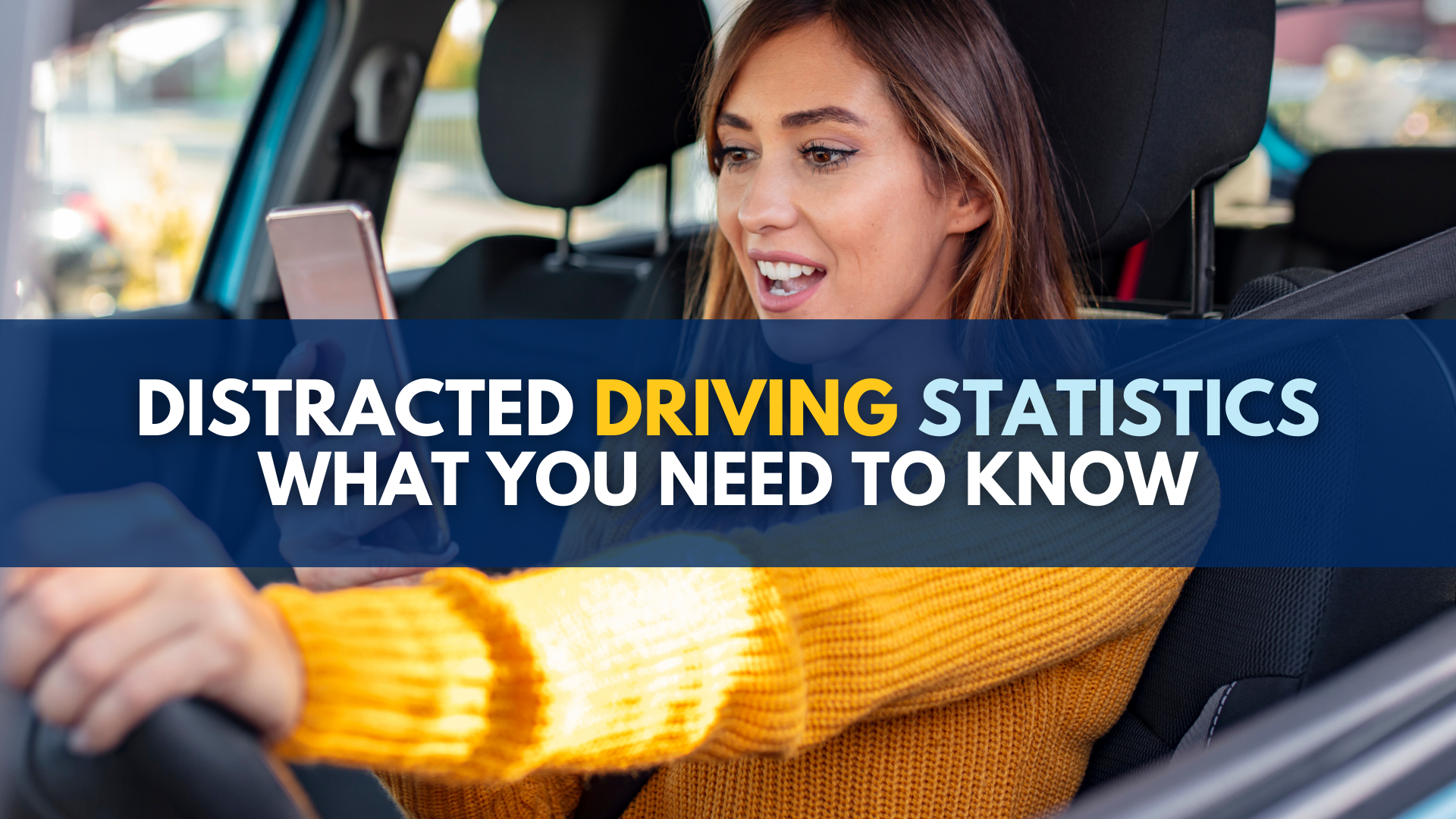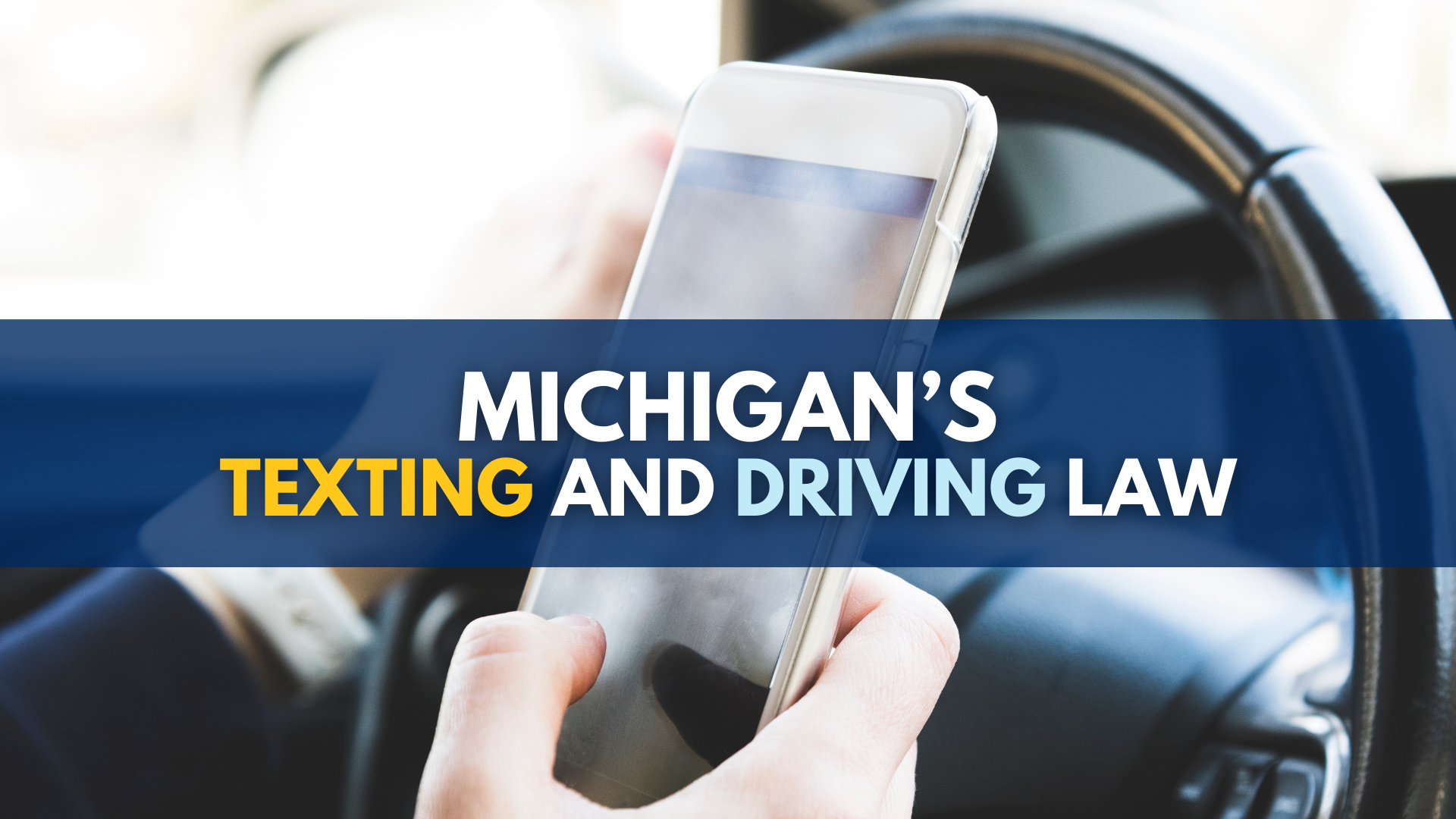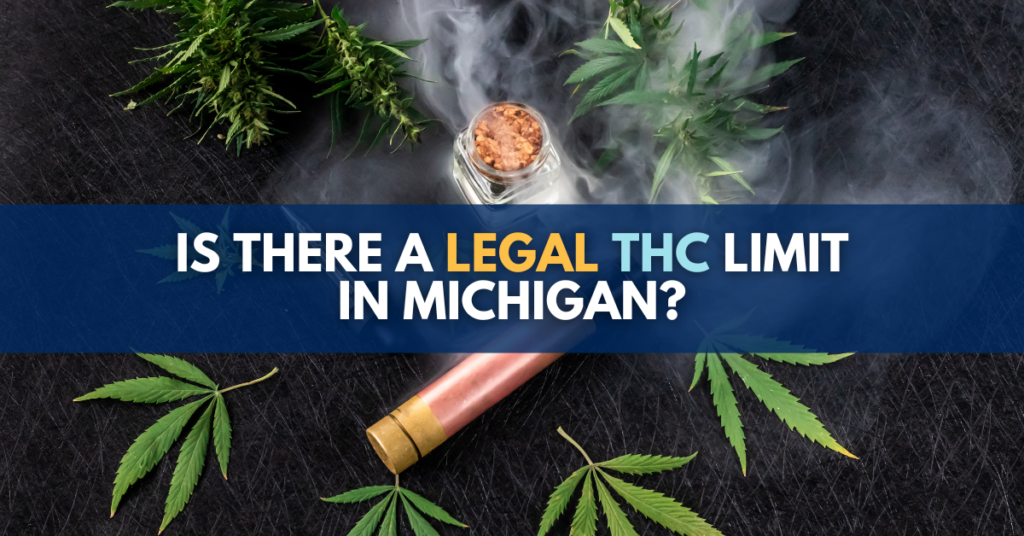
There is no legal THC limit in Michigan to prove a person is guilty of marijuana-impaired driving.
There is also not likely to be any legal THC limit to prove marijuana-impaired driving in Michigan anytime soon. That’s because a legislatively created commission has determined that the science does not support it.
The Michigan Impaired Driving Safety Commission, which was created by the Michigan Legislature and made part of the Michigan State Police, issued a study that concluded:
- “Based on the total body of knowledge presently available, the Commission finds there is no scientifically supported threshold of Δ9-THC bodily content that would be indicative of impaired driving due to the fact that there is a poor correlation between driving impairment and the blood (plasma) levels of Δ9-THC at the time of blood collection.”
- “Therefore, because there is a poor correlation between Δ9-THC bodily content and driving impairment, the Commission recommends against the establishment of a threshold of Δ9-THC bodily content for determining driving impairment and instead recommends the use of a roadside sobriety test(s) to determine whether a driver is impaired.”
This is a significant development. Whatever your opinions are about marijuana, the reality is we will soon be seeing more and more drivers on Michigan roads who are using marijuana. Correlation is certainly not the same as causation, but with more drivers using marijuana there will be more of these drivers involved in car accidents. That’s when police officers (and then accident lawyers) will then be attempting to determine whether it was marijuana-impaired driving that led directly or indirectly to fault.
What is a legal THC limit?
A legal THC limit is the amount of THC in a driver’s system that the law says is proof that the driver is engaged in marijuana-impaired driving, i.e., driving under the influence of marijuana.
THC is the chemical compound or cannabinoid in cannabis/marijuana that produces the drug’s psychotropic effects.
A legal THC limit is akin to a legal blood-alcohol-content limit. For instance the legal BAC limit in Michigan and many other states is 0.08, which means that if a driver “has an alcohol content of 0.08 grams or more per 100 milliliters of blood” while he or she is behind the wheel then he or she is deemed to be “operating while intoxicated.” (See MCL 257.625(1)(b))
Does Michigan have a legal THC limit?
No. Michigan does not have a legal THC limit. In other words, there is no set amount of THC in a driver’s system at or above which the law says is per se evidence that the driver is marijuana-impaired and, thus, driving under the influence of marijuana.
When can a marijuana user legally drive in Michigan?
There is not a simple answer to this. But caution should guide all drivers’ decisions.
Though there is no legal THC limit in Michigan, here are a few laws for marijuana users to keep in mind:
- It is illegal to drive while under the influence of marijuana. (MCL 257.625(1)(a))
- It is illegal for a lawfully registered medical marijuana user to drive while under the influence of marihuana. (MCL 333.26427(b)(4))
- It is illegal for a lawful marijuana user under Michigan’s recreational pot law (the Michigan Regulation and Taxation of Marihuana Act) to drive “while under the influence of marihuana.” (MCL 333.27954(1)(a)) [NOTE: It is also illegal to consume marihuana while driving and to smoke marihuana “within the passenger area of a vehicle upon a public way.” (MCL 333.27954(1)(g))]
- Generally speaking, it is illegal to drive in Michigan with “any amount” of marijuana in a driver’s system. (MCL 257.625(8))
- However, it is not illegal for a lawful medical marijuana user to drive with marijuana in his or her system, but only so long as the driver is not under the influence of marijuana. (People v. Koon, Michigan Supreme Court, 2013)
Significantly, the courts have yet to determine whether the exception afforded to medical marijuana users will be similarly applied to recreational marijuana users under the Michigan Regulation and Taxation of Marihuana Act.
Why is a legal marijugana impaired limit not recommended in Michigan?
The Impaired Driving Safety Commission gave three reasons why it concluded there is “a poor correlation between Δ9-THC bodily content and driving impairment” and, thus, recommended against Michigan trying to establish a legal THC limit:
- There is “very rapid elimination” of THC in the blood so that by the time a test is conducted the blood-THC levels may be considerably lower than they were at the time of driving and, thus, the test results could “underestimate the Δ9-THC levels at the time an individual was driving.”
- Due to the “long terminal elimination” of THC from the blood, there may be THC in the blood long after marijuana was consumed and, thus, long after the “psychotropic effects” of the THC have dissipated or disappeared. Significantly, the Commission noted that this fact bears on Michigan’s existing “any amount” law: “Therefore, [the] current ‘no tolerance’ policy in the state of Michigan, which assumes impairment at the level of detection, ≥1ng/ml, might falsely conclude that an individual is impaired.”
- Due to “tolerance” “[r]egular users of cannabis respond differently to the same dose of Δ9-THC than occasional or infrequent users of cannabis . . . The implications of tolerance to cannabis are that lower blood Δ9-THC levels in infrequent users may result in impairment that would only be experienced at higher Δ9-THC levels by regular cannabis users.”
Why did Michigan consider enacting a legal THC limit?
The Michigan Legislature passed the Impaired Driving Safety Commission Act for the purpose of having the Commission “research and recommend a scientifically supported threshold of THC bodily content to provide evidence for per se impaired driving in this state.” (MCL 28.793(2))
During its research, the Commission explained it was considering the following factors:
- The Michigan Medical Marihuana Act which was an initiated law in 2008 and which allows lawful, registered medical marijuana users to possess and use marijuana in a quantity of 2.5 ounces or less. (MCL 333.26424(a))
- The Michigan Regulation and Taxation of Marihuana Act which was an initiated law in 2018 and which allows persons over 21 to possess, use or consume, purchase, transport or process “2.5 ounces or less of marihuana . . .” (MCL 333.27955(1)(a))
- Michigan’s laws on driving under the influence of marijuana as well as the general prohibition on driving with “any amount” of marijuana in a driver’s system.
- Other states had enacted laws establishing THC blood level thresholds for determining when a driver has been engaged in marijuana-impaired driving.
What states have a legal limit for marijuana-impaired driving?
The Impaired Driving Safety Commission reported that the following six states have laws establishing a legal THC limit (expressed in terms of nanograms per milliliter):
- Colorado: 5 ng/ml
- Montana: 5 ng/ml
- Nevada: 2 ng/ml
- Ohio: 2 ng/ml
- Pennsylvania: 1 ng/ml
- Washington: 5 ng/ml
The Commission explained that Colorado’s legal THC limit included a “reasonable inference” provision. This means that a jury could infer that a driver whose THC level matched or exceeded the legal limit was impaired, but the defendant could present evidence to try to rebut the inference.
Injured in a car accident in Michigan? Call Michigan Auto Law now!
Though there is no legal THC limit in Michigan, if you were injured in a car accident and think the driver was impaired, call now (800) 968-1001 for a free consultation with one of our experienced car accident lawyers. There is no cost or obligation. You can also visit our contact page or use the chat feature on our website.
Michigan Auto Law is Michigan’s largest and most successful law firm that specializes exclusively in helping people who have been injured in auto accidents.
Our secret? Our car accident lawyers deliberately handle fewer cases than other personal injury law firms. This allows us to focus more time and attention on our cases.
Unlike other law firms, our auto accident attorneys are never too busy to promptly return phone calls and answer questions.
We have more than 2,000 5-Star Reviews that reflect this care and attention to detail.
More importantly, this client-focused approach leads to better and faster settlements for our clients. Michigan Auto Law has recovered more million-dollar settlements and trial verdicts for motor vehicle accidents than any other lawyer or law firm in Michigan. We’ve also recovered the highest ever reported truck accident and car accident settlement in the state.
Call now so we can start making a real difference for you.
(Source: Report from the Impaired Driving Safety Commission)
